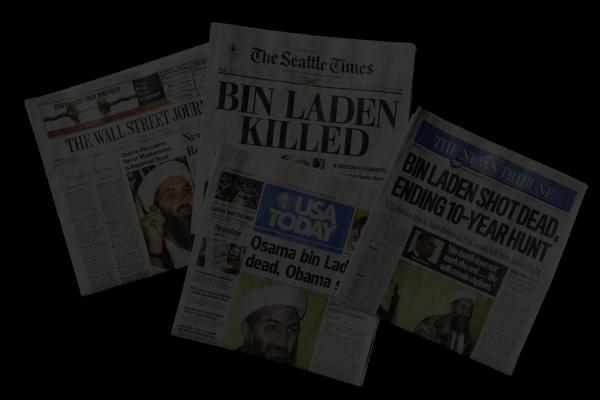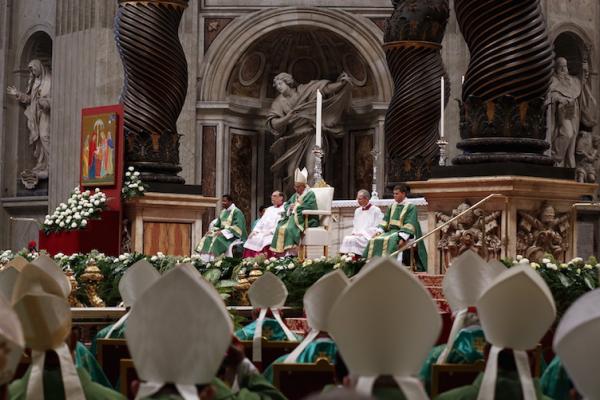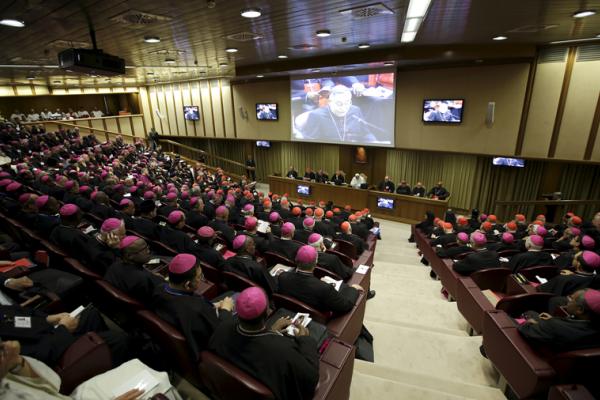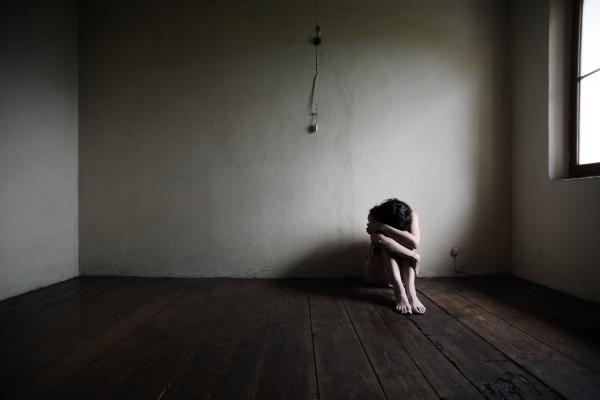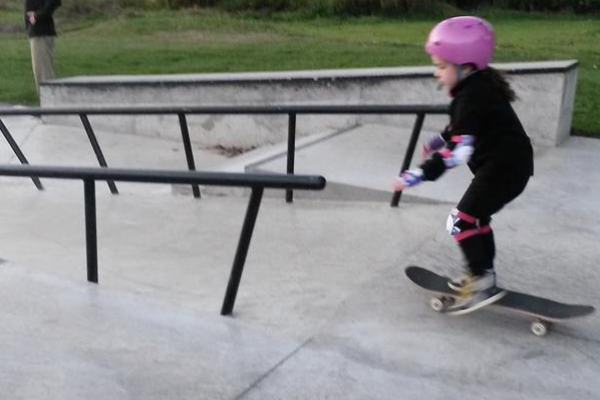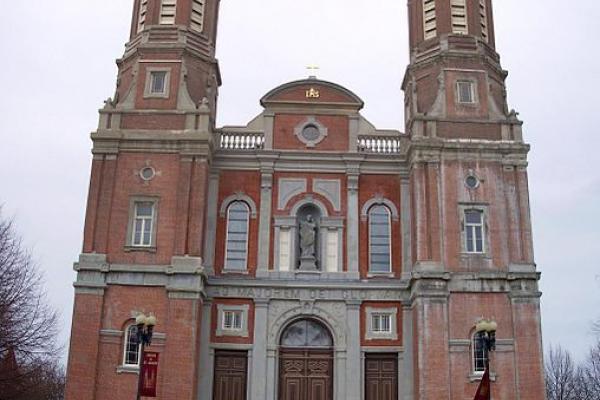Some evangelical leaders are disappointed by Donald Trump’s meeting with various faith leaders earlier this month.
Several prominent pastors met with the businessman and presidential candidate, who remains popular with evangelical voters, in Trump Tower in New York City, N.Y.
According to Christian Today, a number of evangelicals are critical of Trump’s attempt to get in touch with the evangelical constituency because they say that the faith leaders invited to the meeting are those who endorse prosperity gospel theology.
"The people that Trump has so far identified as his evangelical outreach are mostly prosperity gospel types, which are considered by mainstream evangelicals to be heretics," Russell Moore, president of the Ethics and Religious Liberty Commission of the Southern Baptist Convention said.
Displayed over a blurred image of Osama bin Laden, the headline on the cover of The New York Times Magazine for October 18 reads, “Do we really know the truth about his death? The mysteries of Attobad.”
Weirdly, the article is not an investigation of the truth about bin Laden’s death — it’s an investigation of other investigations. Jonathan Mahler decided to report on two competing narratives about the raid in Abbottabad. His article is a soul-searching reflection on how we can know which version of events is true, or if the truth about our government’s actions can ever be known at all.
After reading his article, it’s fair to wonder if we ever will. If our concern is to learn the facts of the raid, we may easily get lost in a tangle of facts and lies. But that is a truth in itself — a truth of how violence works to destroy the truth.
We need to state the obvious here: the subject of all this reporting is a death by violence. The subject of this story is not the truth. The subject is violence itself.
1. Nurses, Fathers, Teachers, Mothers. Why Do We Devalue Someone the Minute They Care for Others?
"That work of investing in others is actually just as important as the work we do for money. I now look at my mother’s work as a homemaker as well as her work as an artist, and I say, ‘Those things are equal.’ I didn’t believe that three years ago."
2. Do You Think Science and Religion Conflict? Probably Not, if You're Highly Religious
Yep, you read that right. Polls show many people may think science and religion conflict in the abstract, but far fewer think so of their own religious beliefs.
3. Secular, But Feeling a Call to Divinity School
“I didn’t feel unwelcome, but I did feel like it was a call to creativity,” Ms. Thurston, 30, recalled of her initiation. “I wanted to respond to what I saw as a crisis of isolation among young people.”
4. 'Star Wars' Lets Princess Leia Age Realistically. Thank You, Hollywood
Actress Carrie Fisher (Princess Leia) on working with members of the original Star Wars cast: “We all look a little melted. It’s good to see other melted people.”
The overriding interest in the global meeting of Roman Catholic bishops that finishes here on Oct. 25 has centered on whether the churchmen will actually do anything in the end — as in vote to make changes in church doctrines or policies — or leave well enough alone.
In reality, the gathering of 270 bishops from around the world, called a synod, has no authority to legislate doctrinal or other changes, and wasn’t expected to try anything that bold anyway.
Its real purpose — thanks to reforms instituted by Pope Francis — is to discuss issues openly and frankly, and to advise the pontiff about what they think the church ought to do about the challenges facing families today, or, as is likely the case for this divided synod, to kick the hard questions upstairs for him to decide.
A commitment to interfaith dialogue is important, but not simply for its own sake or to admire each other’s diversity. Interfaith dialogue should be in service of these three goals, especially for the sake of those who are the most vulnerable in our society and around the world — exactly who our faith traditions agree we should be most concerned about.
This will be the true test of a moral global economy. We convene our religions to celebrate diversity. Can we also convene our religions to help end extreme poverty by 2030 — and end shameful poverty in the United States? That would certainly be a goal worthy of a Parliament of World Religions.
The rows of seats in the synod hall, where Catholic bishops are meeting to discuss family issues, are filled with bishops and cardinals — all male. To find any women, look to the back of the room.
The women’s distance from the heart of the synod hall reflects fears raised by women’s groups that their participation is a mere token on the Vatican’s part.
There are 270 bishops and cardinals participating in the synod and voting on its outcome. A number of other participants, including lay couples and representatives from other churches, have been invited to give their opinions but will not be able to make decisions on the final text. That includes more than two dozen women who have been called to present their views.
When the abuse escalates, Hagar escapes into the wilderness and heads back to her home in Egypt. Even though she is pregnant and vulnerable to any number of dangers, Hagar risks everything in search of freedom. While on her journey home, an angel of the Lord appears to her and asks where she is going. When she explains her situation, the angel tells her, “Return to your mistress, and submit to her” (Genesis 16:9).These words baffle me. Return? Isn't this the part when God is supposed to bring deliverance? What sense can be made of this?
How do we cope with a story in our sacred text in which God instructs a woman to go back to a situation of abuse?
I recently picked up a fascinating book called Octavia's Brood co-edited by Walidah Imarisha and adrienne maree brown.
In a discussion about the book, Walidah Imarisha said, "All organizing is science fiction. What does a world without poverty look like? What does a world without prisons look like? What does a world with everyone having enough food and clothing look like? We don't know. It's science fiction, and it is as foreign to us as the Klingon homeworld."
I had never heard of organizing being discussed in such a way, and it led me to reflect on the importance of envisioning and dreaming of the kind of society we fight to create. I also found myself reflecting on this statement in a different light: All organizing is also theological and spiritual. A simple explanation of this is that organizing and activism is faith in action.
When Jeanean Thomas' 6-year-old daughter Peyton walked up to the local skatepark, she felt a little uncomfortable. The park was full of teenage boys smoking and swearing, and all Peyton wanted to do was skate.
"Mom, it's full of older boys," she said.
Thomas was nervous too, but encouraged her daughter, saying, "So what, they don't own the skate park."
Inevitably, one of the older boys approached Peyton, and Thomas prepared to deliver her "She's allowed to use this park just as much as you guys' speech."
Someone set fire to a seventh church in this city Oct. 21, the latest in a rash of arson fires targeting predominantly black churches.
But the Shrine of St. Joseph on the outskirts of downtown in what’s known as Columbus Square, is not a black church. It was predominantly white and Roman Catholic, dating back to 1843.
Capt. Garon Mosby of the St. Louis Fire Department said no one was injured in the blaze. No one was inside the church when it happened.

